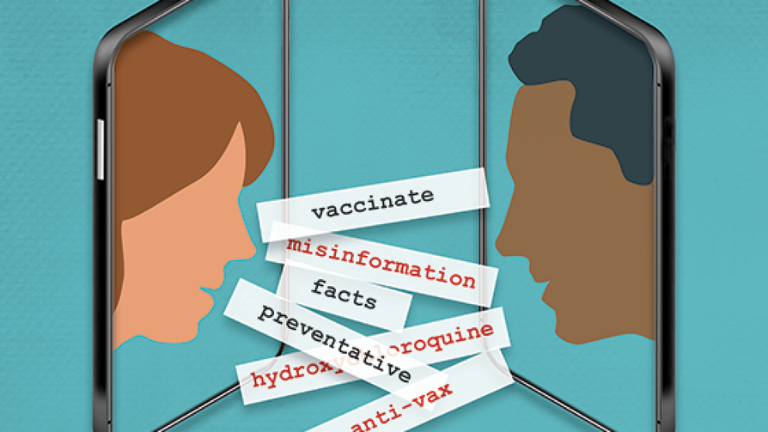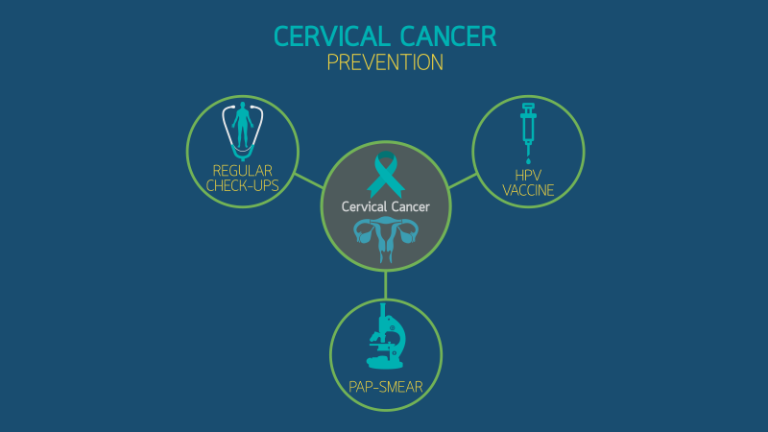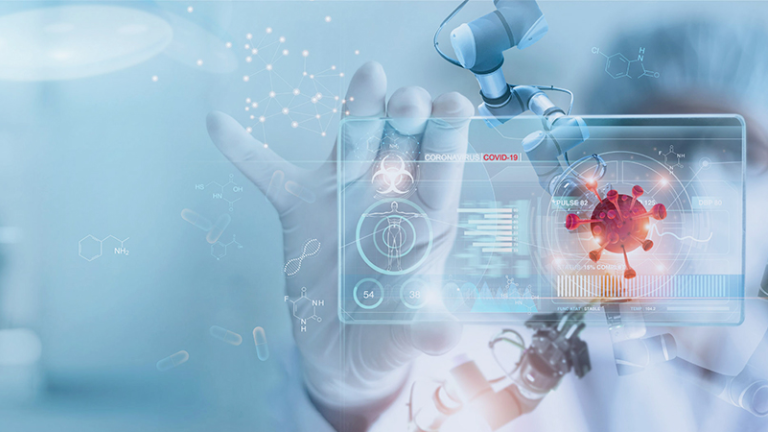Health Misinformation and Disinformation: How to Avoid False Health Information
Understanding Health Misinformation in the Digital Age
In today’s fast-paced digital world, health misinformation spreads faster than ever. Social media, online forums, and viral content have made false health claims more accessible, often reaching millions before experts can correct them.
But why are we so easily misled by health misinformation? How can we identify disinformation designed to manipulate audiences? And most importantly, how do we ensure the health information we consume is accurate and reliable?
What Is Health Misinformation vs. Disinformation?
Before we can combat health misinformation, it’s important to distinguish between misinformation and disinformation:
🔹 Health Misinformation – This occurs when inaccurate or misleading health information is shared without the intent to deceive. For example, someone might mistakenly share outdated research or misinterpret a medical study.
🔹 Health Disinformation – This is false or misleading health information deliberately created to manipulate or mislead. It is often used for financial gain, political motives, or to create confusion about public health.
Both forms of false health information can be harmful, leading to poor medical decisions, vaccine hesitancy, and unnecessary fear or panic.
Why Is Health Misinformation So Common?
The rise of social media platforms and instant communication has created an environment where health misinformation thrives. According to a 2024 report from the International Panel on the Information Environment (IPIE), experts are especially concerned about how social media owners influence the spread of false health information.
Here are a few reasons why health misinformation spreads so easily:
✅ Speed of Information Sharing – Social media allows health-related posts, articles, and videos to go viral in seconds, often without verification.
✅ Lack of Regulation – There are no strict guidelines governing health information shared on platforms like Facebook, Twitter, and TikTok.
✅ Emotional Appeal – Many false health claims are designed to provoke fear, outrage, or hope, making them more likely to be shared.
✅ Trust in Influencers Over Experts – Many people trust celebrities and online influencers more than doctors or scientists, leading to the spread of misleading health advice.
✅ Cognitive Biases – Our brains are wired to believe information that aligns with our existing beliefs, even if it’s false. This is known as confirmation bias.
How to Spot Health Misinformation
With false health information so prevalent, it’s crucial to develop critical thinking skills to separate fact from fiction.
Red Flags of Health Misinformation:
🚩 Lack of Scientific Evidence – Does the information cite credible sources like the CDC, WHO, or peer-reviewed medical journals? If not, it may be misinformation.
🚩 Over-the-Top Claims – Watch out for statements that sound too good to be true, like “This herb cures cancer in 7 days!”
🚩 No Author or Expert Input – Reliable health news comes from medical professionals, researchers, or institutions. If no experts are cited, be cautious.
🚩 Strong Emotional Language – If the content provokes extreme fear, anger, or excitement, it may be designed to manipulate emotions rather than inform.
🚩 Selling a Product or Service – If a post promotes a “miracle cure” or “exclusive supplement”, it’s likely an attempt to profit from misleading health claims.
🚩 Viral Trends Without Proof – Just because something is popular online doesn’t mean it’s scientifically valid. Always verify viral health advice with credible sources.
How to Protect Yourself from Health Misinformation
1. Verify with Trusted Sources
Before believing or sharing health information, check reputable sources like:
- Centers for Disease Control and Prevention (CDC)
- World Health Organization (WHO)
- National Institutes of Health (NIH)
- Medical News Today, Healthline, WebMD
If the information isn’t supported by these sources, be skeptical.
2. Cross-Check Facts
Don’t rely on a single website or social media post. Search for multiple sources that confirm the same health claim.
3. Be Wary of Clickbait Headlines
🚨 Headlines like “Doctors Hate This Secret Cure!” are designed to grab attention but often lack credibility. Read beyond the headline and verify the full content.
4. Follow Medical Experts, Not Influencers
Many health influencers have no medical background but still give medical advice. Follow licensed doctors, researchers, and scientific institutions instead.
5. Check the Date
Health information evolves. An article from 2015 may no longer be valid in 2024. Always check if the source is up-to-date.
6. Report False Health Information
If you see harmful health misinformation on social media, report it to:
📌 Facebook & Instagram – Use the “Report Post” option.
📌 Twitter – Flag misleading content under “False Information.”
📌 YouTube – Report videos spreading medical disinformation.
How Can We Change False Health Beliefs?
Many people hold on to incorrect health beliefs, even when presented with scientific evidence. Dr. Stephan Lewandowsky, Chair in Cognitive Psychology at the University of Bristol, has studied why misinformation is so persistent.
He explains that people are more likely to update their beliefs when:
✔ They hear corrections from trusted sources (doctors, scientists).
✔ The correction aligns with their values or experiences.
✔ They see real-life examples of why the misinformation is false.
However, simply arguing with someone about health misinformation rarely works. Instead, engage with empathy and provide alternative explanations supported by evidence.
Final Thoughts: The Fight Against Health Misinformation
Health misinformation is dangerous. It leads to poor medical decisions, vaccine hesitancy, and the spread of false medical treatments.
To combat false health information, we must:
✅ Think critically before believing and sharing health news.
✅ Trust science-based sources rather than viral trends.
✅ Help educate others about the dangers of misinformation.
As Dr. Jenny Yu, Chief Health Officer at Medical News Today, emphasizes, “Our responsibility is to ensure that the information we consume is scientifically accurate and beneficial to public health.”
By staying informed and vigilant, we can protect ourselves and others from health misinformation in today’s digital world.
🚀 Have you ever encountered false health claims? How do you verify health information online? Share your thoughts in the comments!




